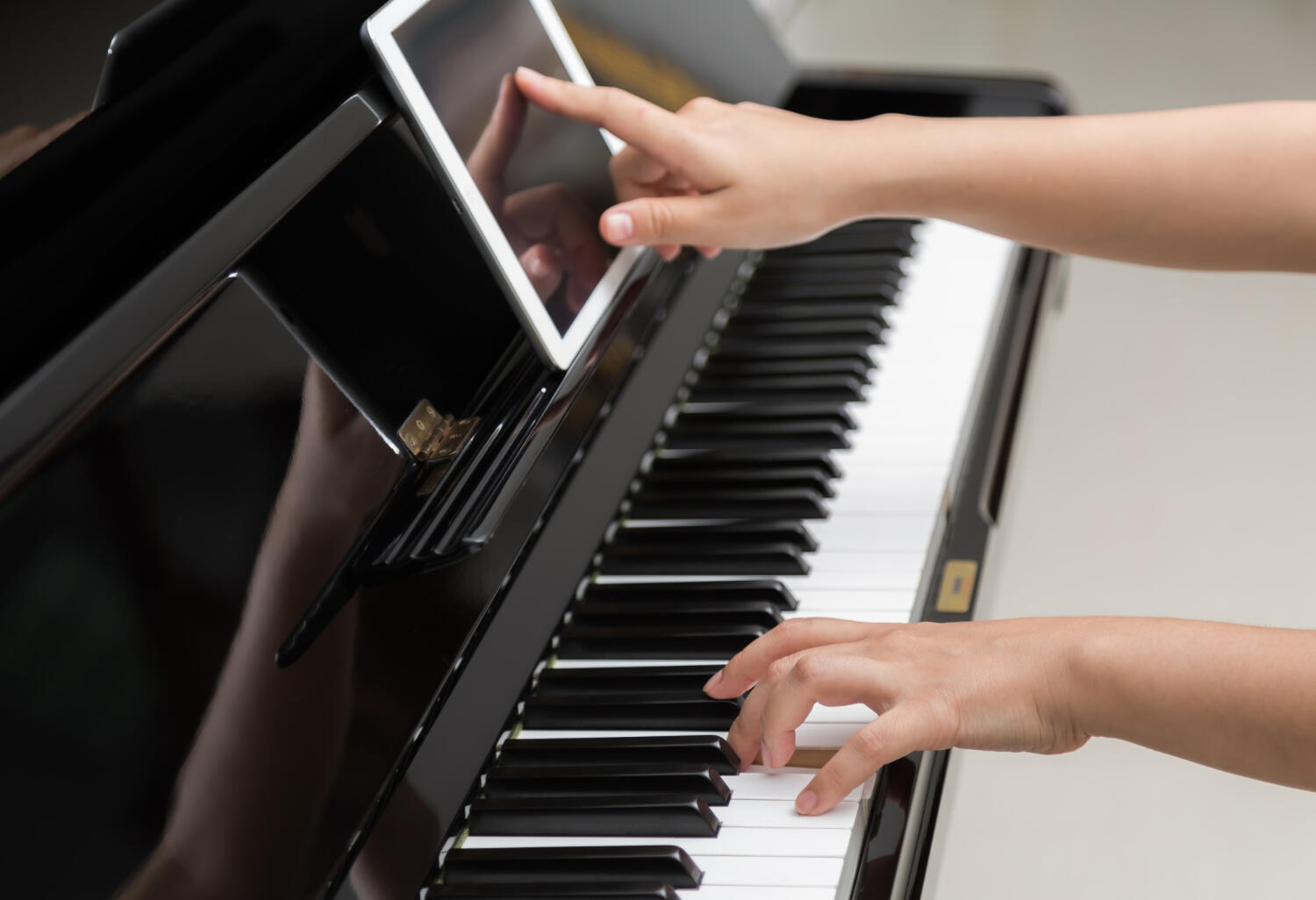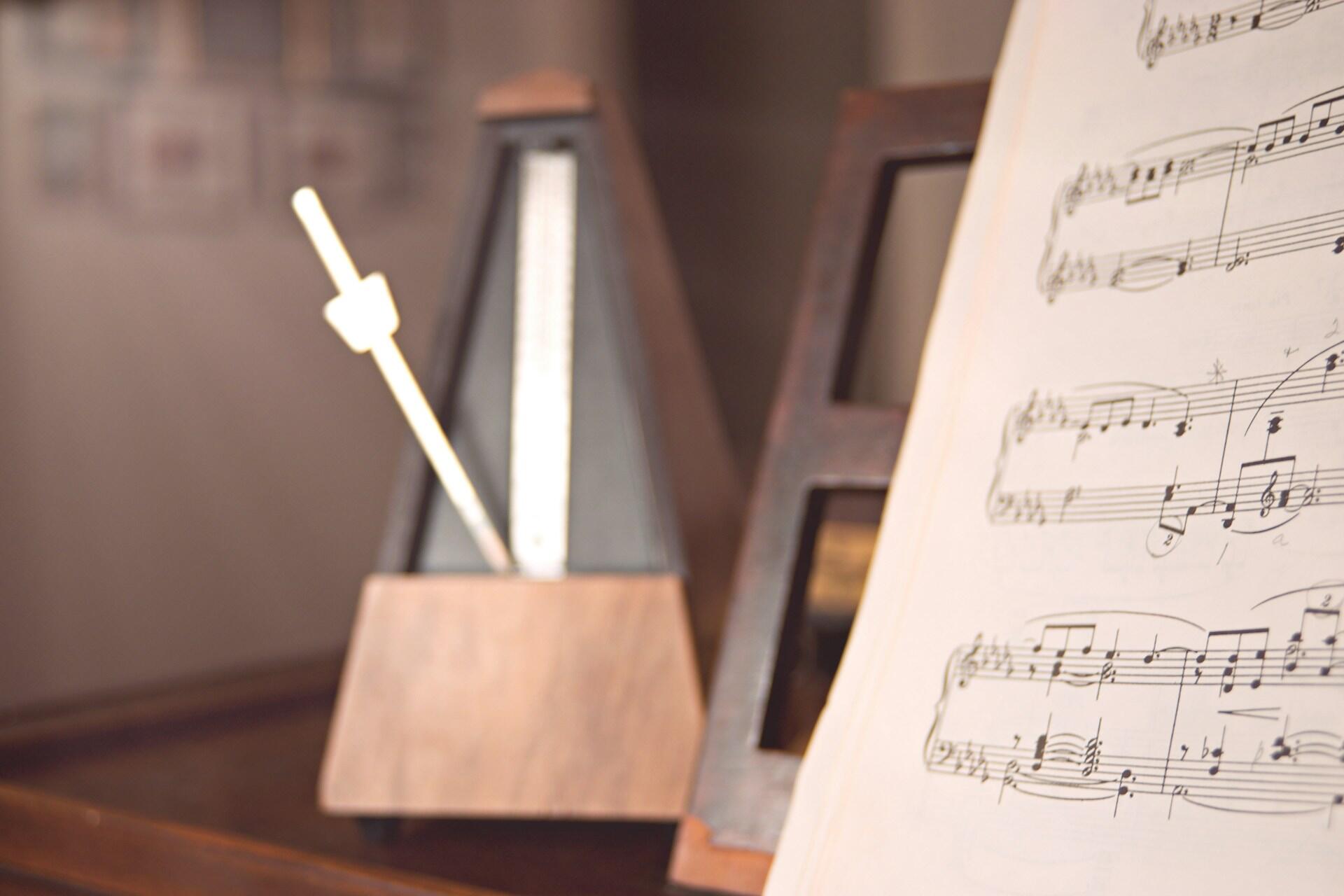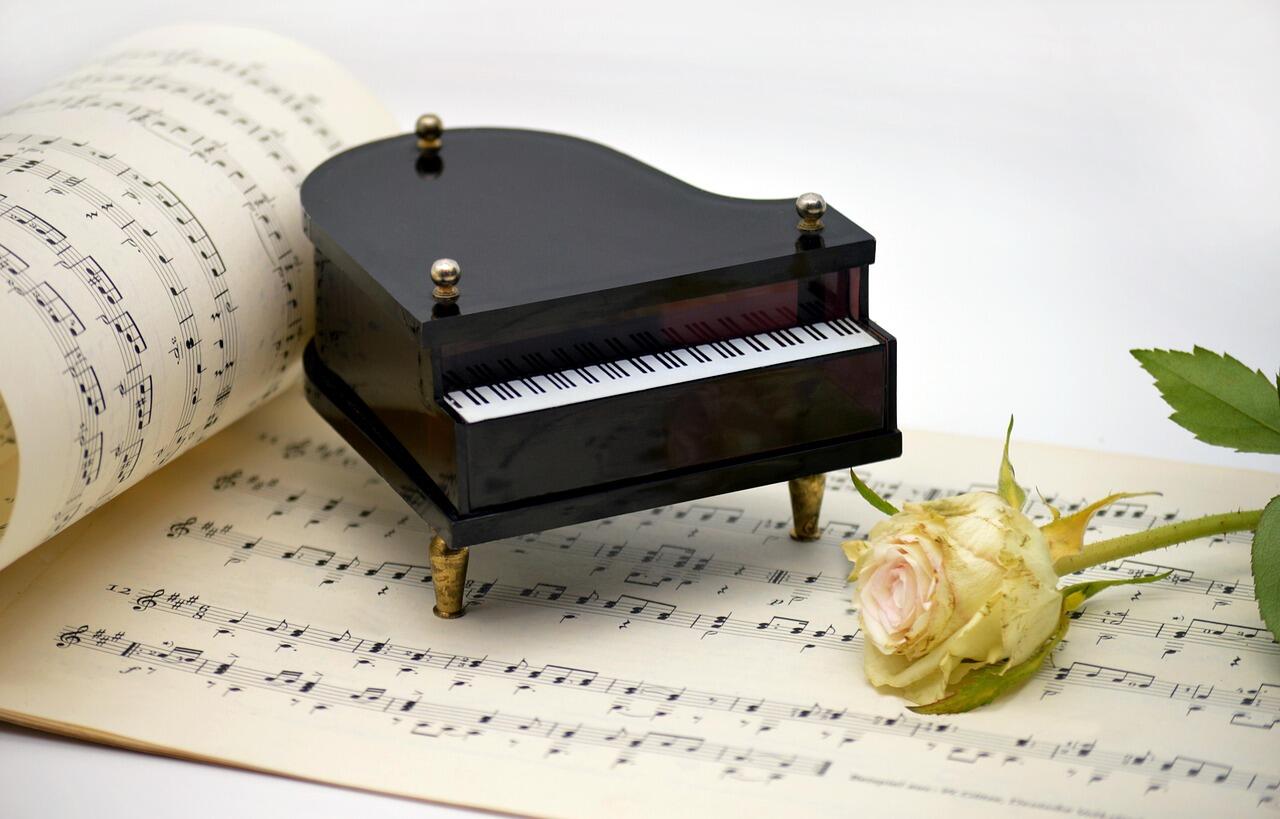Learning to play the piano is one of the most fulfilling adventures you can embark on. Yet, many people find themselves asking: is it really possible to master this beautiful instrument on your own, without the guidance of a professional teacher? The journey of self-discovery through music can be incredibly rewarding, and it opens up a world of creativity and expression.
While there are many advantages to joining a music school and having a piano teacher, with the right mindset, approach, and resources, you can not only learn the piano but also excel at it.
It does not matter if you are a novice or someone who is returning to this instrument after a break, the ability to teach yourself this instrument is not only possible but empowering and fulfilling. In this article, we will explore in detail how you can effectively learn to play the piano without the help of a professional teacher. We will cover areas such as resources, strategies as well as self-motivation to help you.

Setting Realistic Goals and Staying Motivated
When it comes to self-learning the piano, or any other instrument for that matter, it is important to have a clear set of goals. This ensures that you do not lose motivation throughout the entire learning process. When you have a teacher, such as by joining an association, they guide you and assist you through your learning process with proper lesson plans and materials. However, when you teach yourself without the help of a professional teacher, it is easy for you to feel overwhelmed. If you have a proper plan in place, it can help you stay on track while keeping you interested and motivated throughout your journey.
Setting Goals
You can start by writing down and defining what exactly you want to achieve by learning to play the piano. Are you interested in developing classical piano skills? Or perhaps you are interested in learning to play the songs you love? Come up with a broad goal and break it down into smaller manageable milestones. For example, you can set a goal to learn to play a simple song in the first month. Then as you progress, you can move on to a more complex piece as you gain confidence.
Maintaining Motivation
When you start learning the piano by yourself, it is only natural to encounter challenges along the way. This is common especially when you are learning a complex instrument such as the piano. One of the key factors you should never forget is to keep yourself motivated. This will help you achieve success. Before you know it you will start enjoying your practices and it will be more fun and less like a chore.
Keeping yourself motivated is another way to track your progress. As you see actual milestones being met, although small, it will give you a sense of accomplishment and will help keep you going. Always remember to take one step at a time and not rush. Learning the piano is a journey that you should enjoy.
Using Online Resources and Apps
In this digital age, you should use all the help you can get from online resources. Learning the piano is more accessible than ever thanks to all the websites and apps you can access with the help of technology. There are many websites, apps and tutorials that can help you with your journey of learning to play the piano.
Online Tutorials and Courses
There are many online tutorials and courses available if you want to learn the piano. There are platforms like YouTube that host millions of videos. Among these videos, you will be able to find free tutorials from skilled pianists. They not only break down complex pieces of music, but they also explain the important fundamentals of piano playing.
On top of YouTube, there are also other sites such as Simply Piano, Piano Marvel and many more that offer step-by-step lessons that will guide you from the beginner level all the way to the advanced level.

Sheet Music Websites
When it comes to learning the piano, you should practice as much as possible. There are many websites available that provide access to music sheets. A good example of some websites is IMSLP and MusicNotes. These two have a wide variety of pieces that range all the way from classical to contemporary. While some of these sites require a subscription, others enable you to obtain free sheet music.
Apps for Practice and Learning
Recently, there have been many apps developed that can help you practice the piano more efficiently. There are apps like Tenuto and Perfect Piano that can help you improve your hearing, sight reading and rhythm skills. You will be able to learn through these apps as they guide you through exercises and new songs. They also help you track your progress which can be extremely helpful when you are learning to play by yourself.
As you progress learning the piano by yourself, you will find that it is essential to mix and match all that we have listed here. They will provide you with a more structured and diverse learning experience. You will find that it is possible after all to learn the piano without a music teacher. However, if you find yourself struggling and require assistance, check out Top Places to Learn Piano!
Learning Music Theory and Reading Sheet Music
When it comes to learning a musical instrument especially an instrument like the piano, it is important to develop a solid understanding of music theory and sheet music. This is one of the key challenges that all piano players face. In the beginning, when you start, you will find yourself being intimidated but as you learn the basics, you will start finding it easier.
Understanding Music Theory
When we say music theory, what we actually mean is the fundamental principles that govern how music works. Key areas you should be focused on are the structure of scales, intervals, chords and key signatures. These are some of the basics you should learn as they will help you understand the music that you are expected to master. Mastering these basics will also provide you with the tools you will need to interpret more complex pieces as you progress.
Reading Sheet Music
When it comes to playing the piano, a crucial skill you must have is reading sheet music. This means you must have the ability to recognise the notes on the paper and translate them to the keys on the piano. You should start with simple sheet music when you begin learning the piano. This will help you build your confidence and ensure that you are not overwhelmed. At first start with reading and playing one hand at a time. As you become more comfortable, you will find that sight reading both hands together will come naturally. There are many online resources out there together with tutorials that can help you with this.
Are you Preparing for a Professional Piano Career at a Conservatoire? Click here to learn more!
Developing Effective Practice Habits
When it comes to learning the piano by yourself, without a professional teacher, you should ensure you learn good practice habits. When you don't have a professional teacher, you will tend to oversee your progress therefore it is completely up to you to stay disciplined and practice regularly. A key to this is to have a structured routine to help you progress steadily.
Consistency
The key to success when it comes to learning the piano without a professional teacher is consistency. You must set aside regular time each day to practice. Even a short 15 to 30 minutes a day can make a difference to your progress over time. The more you play consistently, the better and quicker you will develop muscle memory and improve your technical skills. It is always better to practice daily for short periods than cram all your practice into one or two long sessions in a week.
Break Down Pieces
When you learn a new piece of music, it will be easier if you break it down into smaller sections. This helps you focus and master one small section before moving on to the next. This will help you feel motivated and stop you from feeling overwhelmed. This also helps with accuracy as you will find yourself learning to play each section correctly and accurately. In the end, you can combine all of the sections and you will have the whole piece down!
Use a Metronome
A good way to play well and ensure your rhythm is correct is by using a metronome. When you start playing a piece, always start at a lower tempo. Then you can gradually increase it as you become more comfortable. This device can help you keep the correct speed and prevent you from playing too fast or slow unintentionally.

Review and Reflect
At the end of each of your practice sessions, make sure to take a moment to reflect on what you have learnt. You should ask yourself questions like if any areas need improvement. Make sure to keep track of every milestone and progress you make. This will keep you motivated and avoid frustrations.
More often than not, people tend to think that hiring a teacher or tutor to help them learn the piano is expensive. With the help of Superprof, this is no longer the case. Our tutors are skilled, experienced and affordable. All you will need to do is head over to our site and you will be able to find tutors that are close to you irrespective of which state you are in. What are you waiting for, head over to our site and start your journey in learning the piano now!
Summarise with AI:















